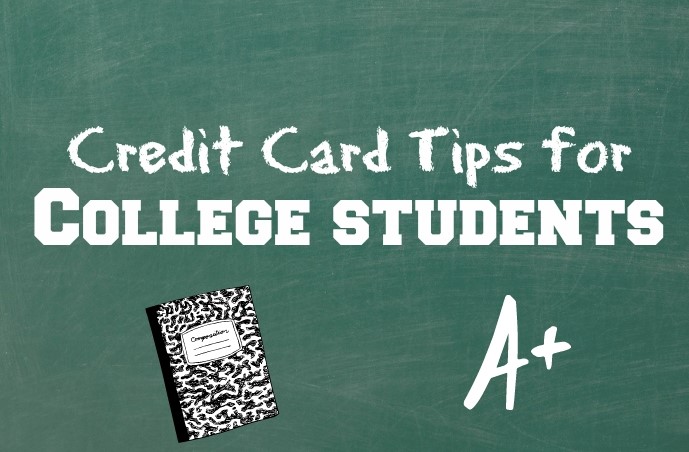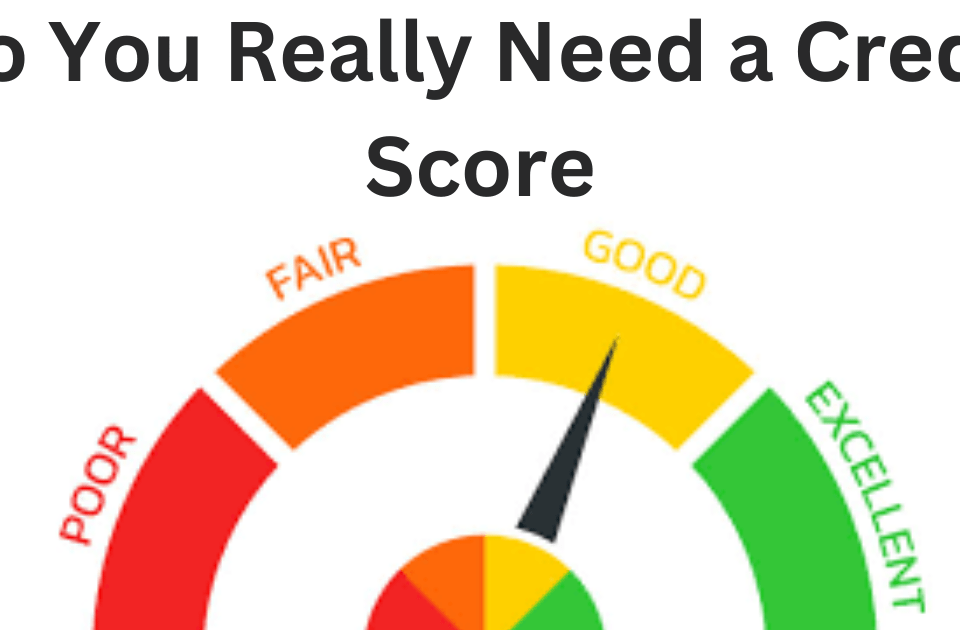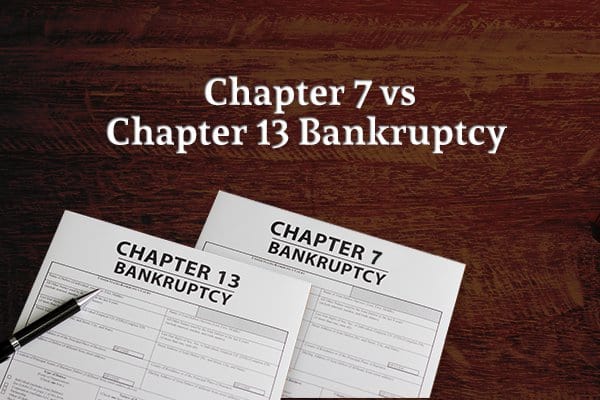Important Credit Card Advice for Students:
Opening your very first credit card is one of the major steps a student can take to build and strengthen your finances in the future. But, before you can let the idea go over your head, there are several important pieces of credit card advice that students need to know and remember:
Start by Picking the Right Credit Card for You and Your Needs:
This advice is applicable not only for students but even for those who might already have a stable career. It is important to choose the right card that suits your specific needs. Compare several cards first and learn about their fees, terms, interest rates, and others. You can also talk to a professional financial expert. You also need to check those credit cards specially designed for students. Some of the crucial things you need to consider include the following:
- Annual percentage rate or APR
- Automated payment reminders
- Additional fees
- Foreign transaction fees
- Fraud coverage
- Rewards
Apply Only for Credit You Actually Need:
Make sure that you just apply for the specific credit that you need. For first-time cardholders, it might be difficult to have multiple credit cards as it can make it difficult for you to track your payments and expenses.
You should know the effect of credit card applications on your credit score. Applications for credit often trigger hard inquiry into credit. Several hard inquiries within a short period of time may even hurt your credit score.
Make On-Time Payments:
Paying your credit on time is definitely one of the biggest and most important tips that every student planning to apply for a credit card should remember. Making late payments or worse, missing payments altogether can negatively affect your finances in several ways. For one, you can be charged a late fee if you miss a payment. If you still pay on time yet you pay less than the due minimum amount, a late fee might still be charged on your account.
Pay Your Full Balance Every Month:
Your credit score can benefit from paying your balance due in full monthly. Failure to pay your balance in full each month will carry over the unpaid portion to the following month. This is known as a revolving balance. Interest can still be charged continuously on the revolving balance until you pay your account in full.
Be Careful with Your Expenses:
As a student, it is of ultimate importance to keep your expenses under control. If you find it hard to track your spending, use your card for creating a budget. Having a budget can help you monitor your finances so you can achieve your goal of having more savings.
You also need to monitor your credit utilization ratio that measures how much you use on your available credit. It is recommended to keep your credit utilization under 30% of the available credit you have. This means that if your credit card has a limit of $2,000, it means that you need to keep your balance at less than $500.
It always takes time to build good credit. But as long as you are a responsible user, you can start building your finances early on that can benefit you once you graduate.






